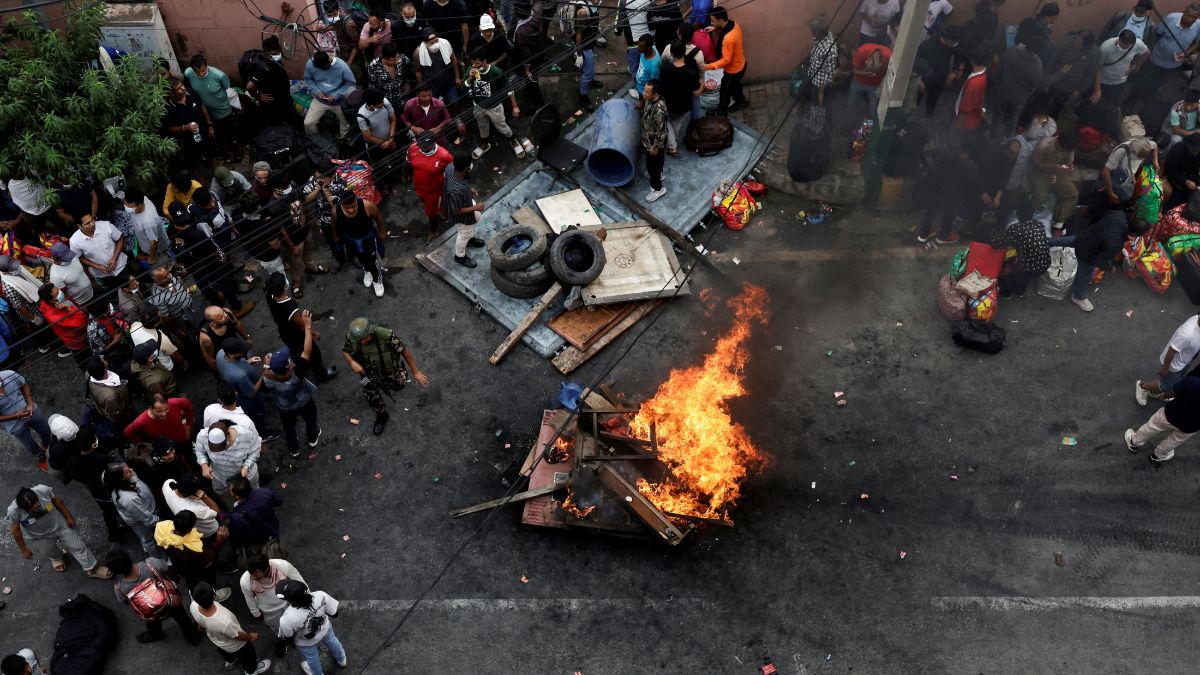Nato member states convened urgent consultations on Wednesday following a serious breach of alliance airspace by multiple Russian drones that crossed into Polish territory.
The drones, some of which were intercepted and shot down by Polish and Dutch fighter jets, marked a notable escalation in tensions along Nato’s eastern flank.
While the meeting was part of the regularly scheduled North Atlantic Council gathering at Nato headquarters, Polish Prime Minister Donald Tusk confirmed to Parliament that it fell under Article 4 of the 1949 North Atlantic Treaty — a clause that calls for consultations when a member perceives a threat to its territorial integrity, political independence, or security.
The incident came on the heels of Russia’s most extensive aerial assault on Ukraine since the war began, raising concerns among Nato allies about the conflict’s potential spillover into bordering alliance territories.
What Article 4 means for Nato
Article 4 is brief but significant. It states: “The Parties will consult together whenever, in the opinion of any of them, the territorial integrity, political independence or security of any of the Parties is threatened.”
While it does not automatically trigger a military response like Article 5 — Nato core collective defense clause — it serves as a formal mechanism to raise alarm and coordinate a unified response to emerging threats.
Bob Deen, senior analyst at the Clingendael Institute in The Hague, noted that Article 4 promotes strategic coordination and helps bring urgent security developments to the Nato table. “It gives all allies the opportunity to urgently put certain threats or developments on the agenda of the North Atlantic Council,” he said .
Invoked sparingly
Though Article 4 has been used sparingly, its invocation has become more common in recent years as tensions along NATO’s borders grow.
Poland previously invoked Article 4 in March 2014, following Russia’s illegal annexation of Crimea, and again on February 24, 2022, alongside seven other Eastern European allies, after Moscow’s full-scale invasion of Ukraine. Turkey, for its part, invoked the article five times between 2003 and 2020, primarily in relation to security concerns along its borders with Syria and Iraq.
Deen emphasised that invoking Article 4 does not necessarily pave the way toward Article 5. “Article 4 is related to Article 5 but is not necessarily a ‘stepping stone.’ Article 5 has only been invoked once — in response to the 9/11 attacks on the United States, and that happened without a prior Article 4 consultation,” he said.
In short, while Article 4 serves as a diplomatic alarm bell within Nato, it does not obligate member states to take collective military action.


)

)
)
)
)
)
)
)
)



